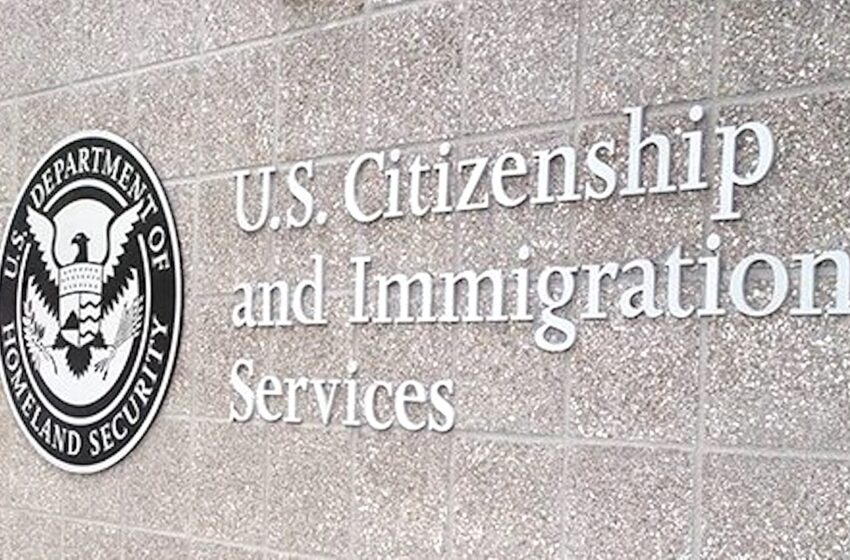What does USCIS Immigration Law Enforcement mean for Immigrants?

USCIS hiring armed agents sparks immigration debate
The U.S. Citizenship and Immigration Services (USCIS), traditionally known for processing visas, green cards, and citizenship applications, is taking a new turn under the Trump administration. According to reports, the agency will hire armed special agents tasked with law enforcement responsibilities.
This shift has sparked debate because USCIS has historically been seen as a service-based agency rather than an enforcement arm. Immigration enforcement has typically fallen under ICE (Immigration and Customs Enforcement) and CBP (Customs and Border Protection). Expanding USCIS into this domain suggests a significant restructuring of how the U.S. government approaches immigration control.
What Powers Will These New Agents Have?
The newly hired special agents are expected to receive training, firearms, and federal law enforcement authority. Their mission will include investigating immigration fraud, illegal entry attempts, and potential threats tied to immigration applications.
While the full scope of their powers hasn’t been outlined, questions remain: Will they have arrest authority similar to ICE officers? Will they conduct home visits and workplace raids? These unanswered details have fueled concerns among immigrant communities and advocacy groups.
READ ALSO
Good moral character for U.S. citizenship: What you need to know
How Could This Affect Immigrants and Green Card Holders?
For immigrants, both documented and undocumented, the move raises fears of added scrutiny. Green card applicants, naturalization candidates, and even visa holders may face more aggressive background checks and investigations.
Advocates argue that this could slow down processing times as more resources shift from services to enforcement. Others fear it might create an environment of intimidation, discouraging legal applicants from pursuing U.S. residency or citizenship.
On the flip side, supporters of the policy claim it will help crack down on fraud in the system and ensure security, making sure that only those who meet all requirements are granted benefits.
Why Does This Policy Spark Controversy?
Critics highlight that immigration enforcement already exists through ICE and CBP, questioning whether arming USCIS agents is necessary, or politically motivated. The Trump administration argues this is about strengthening national security and eliminating vulnerabilities in the system.
However, immigrant rights groups say the move blurs the line between service and enforcement, potentially eroding trust between USCIS and immigrant communities. Historically, USCIS has been the “friendly face” of immigration, but this change could make it appear as another enforcement body.
What Does It Mean for the Future of U.S. Immigration?
The expansion of USCIS into law enforcement could mark the beginning of a new era in immigration policy. If the agency balances service with enforcement, the U.S. immigration process may become more secure but also more restrictive.
For now, applicants are advised to remain vigilant, ensure all documentation is accurate, and stay updated on USCIS guidelines. The true impact will only become clear once the agency begins deploying these special agents in real cases.

